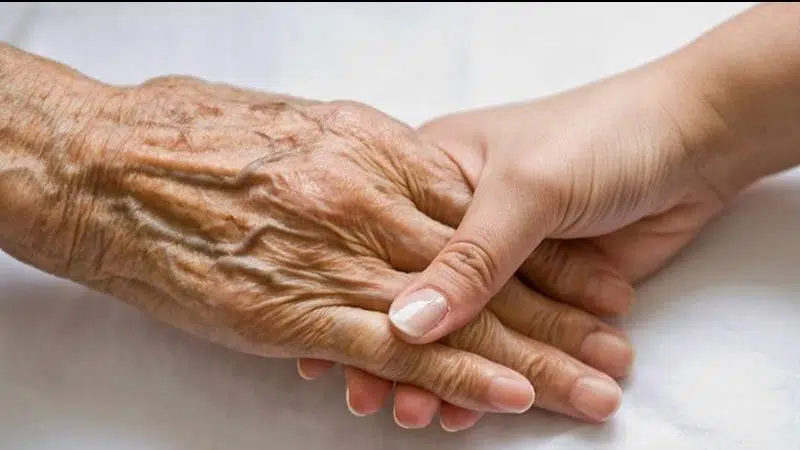
Medically-assisted dying: the discussion in Saskatchewan
Two weeks of consultation in Canada regarding medical assistance in dying (MAID) ended on Monday, Jan. 27.
The federal government offered Canadians a questionnaire to ask for their opinions on MAID following a ruling on Sept. 11, 2019.
The Superior Court of Québec found it was unconstitutional to limit access to MAID to people nearing the end of their life. Practitioners found Jean Truchon, who has lived with cerebral palsy since birth, and Nicole Gladu, who has lived with paralysis and severe scoliosis as a result of poliomyelitis, met all eligibility criteria for MAID except for nearing the end of life.
MAID, also known as Bill C-14, became law in June 2016. Canadians who meet the criteria can receive an injection (euthanasia) from a physician or be prescribed a drug to take themselves.


